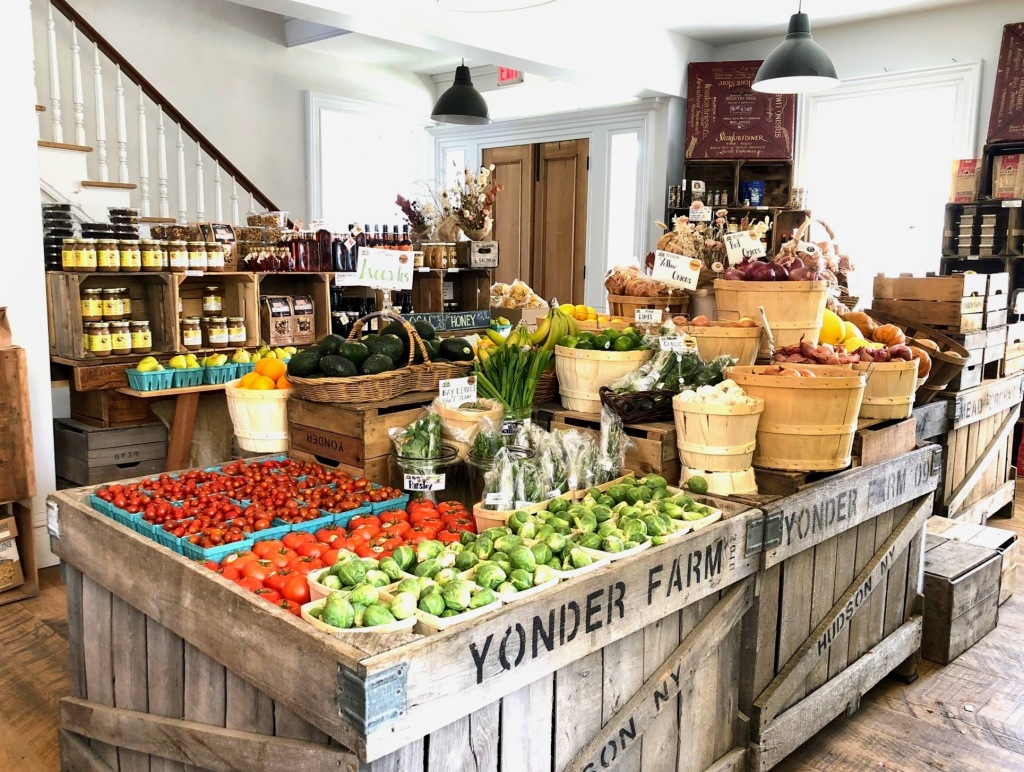I want to go forward to better. Do you?
Like many of us, I’ve been reflecting more and more on our way of life over the past few months. There’s no two ways about it: we’ve scarred this Earth, time and time again, even at our own expense.
Recently, there’ve been promising signs of change. We’ve been seeing headlines about clearer views of landscapes from lower levels of air pollution and ooh-and-ah-dorable wildlife where it hasn’t been spotted for decades. Sadly, these happenings aren’t due to a shift in society’s values (yet). Rather, they’re the result of undesirable and temporary compromises in our lifestyle. We’ve had a much more passive presence in the natural world but, for real, sustainable change, we need to be active about conservation and preservation.
The phenomena we’ve witnessed from the confines of our homes are catalysts for that movement. As Beth Gardiner writes in a National Geographic article, “the temporary experience of cleaner air brought about by widespread shutdowns may offer lessons for the kind of world we want to build after the pandemic.” Many have said that nature is healing during this global health crisis. While that may be true, we need to do everything in our power to prevent a relapse.
Stopping heavy industry from wreaking havoc on the planet is no easy task. There are a lot of preceding steps. Chief among them is the need to change our culture. It’s no secret that ours is a highly-consumerist society. (As Madonna puts it, “we are living in a material world.”)
We’re obsessed with “stuff.” We love getting and buying “stuff” and not just any “stuff”. New “stuff”. We’ve been conditioned to think that “stuff” is replaceable. Frankly, our environment isn’t “stuff”. It’s not replaceable and I don’t think we should test that theory. Instead, we should change our thinking about “stuff”.
For example, when my sweater is getting “old”, I consider these options:
- Throw it out and buy a new one. It’s out-of-fashion anyways. Unfortunately, the garment is made of toxic synthetic fibers so adding it to a landfill just doesn’t seem right even if it’s easy. The long-term consequences of polluting our planet aren’t worth my laziness.
- Donate it and buy a new one. That way, it’s a win-win. I reckon most folks settle on this option but we can do even better.
- Repair it. If a garment is salvageable, I try to maximize its lifespan. However, more clothing is being produced with lower quality. As “fast fashion” grows, textile longevity shrinks, according to a Newsweek article.
- I can repurpose or reuse the item. For example, I paint a lot so using a rag to clean my brushes is a good alternative to paper towels. In addition, I’ve been wanting to buy a sustainably-made meditation cushion. What’s more sustainable than making my own from recycled materials?
This kind of thinking is applicable to a lot of “stuff” (yes, even plastic spoons). Fortunately, creativity about how to reuse different things is only a Google search away. Sites like Pinterest and Bored Panda are treasure troves for inspiration. (Ironically, re-purposing projects are a great way to stave off boredom while staying home.)
Sure, at some point, some things need replacing. When that’s necessary, I seek eco-friendly products. With a broad online market, it’s easy to find reusable, biodegradable, sustainably-made, ethically-sourced, and fair-trade versions of the things I need, including used items. By opting for these alternatives, I support small businesses, craftspeople, and artisans, not massive corporations focused on profit.
In fact, my family recently got our first order of groceries from Big Rock Community Farms Market. Big Rock is kind of like an old-fashioned grocer (think Ike Godsey from The Waltons). Their suppliers are local vendors within a 50-mile radius. It’s important not to forget about our communities’ farmers, now and always.
That’s perhaps what I’ve been most comforted by during this pandemic: a renewed and heightened sense of community. Day in and day out, I’ve seen and read about gestures of good old-fashioned neighborliness. People are lifting each other up. They’re supporting their local businesses, donating to their communities, and expressing appreciation for their civil servants.
So, let’s keep it up. Let’s continue lending a (figurative and, eventually, literal) hand. Let’s keep saying thank you. Let’s sustain our communities, our planet, our home. Let’s make that the new normal. Let’s not hope. Let’s do.
Thank you!
This week, thank you to Ziggy Alberts, an Australian musician who’s using his platform to raise awareness about environmental and social issues. As he points out, even now, our planet’s well-being remains under threat.
Image courtesy of Big Rock Community Farm Market.

Leave a comment